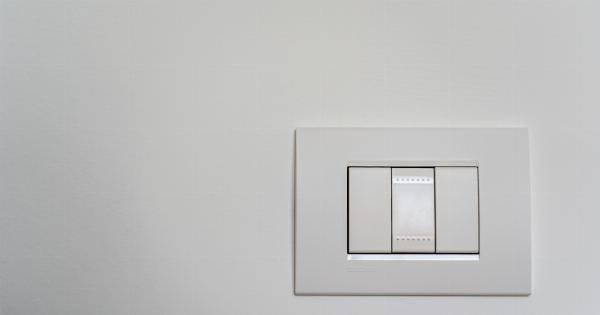Walking is a simple yet effective way to improve our mental state. It not only benefits our physical health but also has a positive effect on our mental health. In this article, we will explore the various ways walking can improve our mental state.
Reduces Stress and Anxiety
Walking has been found to be an effective way to reduce stress and anxiety. It helps to release endorphins, which are our body’s natural feel-good chemicals.
Endorphins help to reduce stress and anxiety, which can have a positive effect on our mental health.
Walking in nature can be particularly beneficial for reducing stress and anxiety.
A study published in the Proceedings of the National Academy of Sciences found that a 90-minute walk in nature can reduce activity in the prefrontal cortex, an area of the brain associated with repetitive negative thoughts, which can lead to anxiety and depression.
Improves Mood
Walking is a great way to improve our mood. It helps to increase blood flow to the brain, which can help to improve our cognitive function and boost our mood.
A study published in the American Journal of Preventive Medicine found that walking for just 30 minutes a day can have a positive effect on our mood.
Walking with a friend or loved one can also have a positive effect on our mood. Social support is an important factor in maintaining good mental health, and walking with someone else can provide us with the social support we need.
Increases Creativity
Walking has been found to increase creativity. A study published in the Journal of Experimental Psychology found that walking can increase creative thinking.
Walking helps to increase blood flow to the brain, which can improve our cognitive function and increase our creativity.
Walking in nature can be particularly beneficial for increasing creativity. A study published in the journal PLOS One found that walking in nature can improve creative problem solving by up to 50 percent compared to walking in a city environment.
Boosts Self-Esteem
Walking can also boost our self-esteem. Exercise has been found to be a great way to improve our self-esteem, and walking is no exception.
A study published in the International Journal of Behavioral Medicine found that walking can improve self-esteem in both men and women.
Walking can also provide us with a sense of accomplishment. Setting walking goals and achieving them can boost our self-esteem and provide us with a sense of pride in our accomplishments.
Reduces Symptoms of Depression
Walking can be an effective way to reduce symptoms of depression. Exercise has been found to be a great way to reduce symptoms of depression, and walking is a simple and accessible form of exercise.
A study published in the Journal of Psychiatric Research found that walking for just 30 minutes a day can reduce symptoms of depression.
Walking can also provide us with a sense of accomplishment and boost our self-esteem, which can have a positive effect on our mental health.
Improves Sleep
Walking has been found to improve sleep quality. Exercise has been found to be a great way to improve sleep, and walking is no exception. Walking can help to regulate our circadian rhythms, which can improve our sleep quality.
Walking in the morning can be particularly beneficial for improving sleep. A study published in the journal Sleep found that walking in the morning can improve sleep quality in adults with insomnia.
Provides a Sense of Mindfulness
Walking can provide us with a sense of mindfulness. Mindfulness is the practice of being present in the moment and fully engaged in our surroundings. Walking can provide us with an opportunity to be mindful and fully present in the moment.
Walking in nature can be particularly beneficial for providing us with a sense of mindfulness. Nature has been found to be a great way to promote mindfulness, and walking in nature can provide us with a sense of peace and tranquility.
Provides an Opportunity for Reflection
Walking can provide us with an opportunity for reflection. Walking can be a meditative experience, and can provide us with an opportunity to reflect on our thoughts and feelings.
Walking alone can be particularly beneficial for providing us with an opportunity for reflection. It can provide us with a sense of solitude and provide us with an opportunity to explore our thoughts and feelings in a peaceful and quiet environment.
Conclusion
Walking is a simple yet effective way to improve our mental state.
It can reduce stress and anxiety, improve mood, increase creativity, boost self-esteem, reduce symptoms of depression, improve sleep, provide a sense of mindfulness, and provide an opportunity for reflection. Incorporating walking into our daily routine can have a positive effect on our mental health and well-being.




























